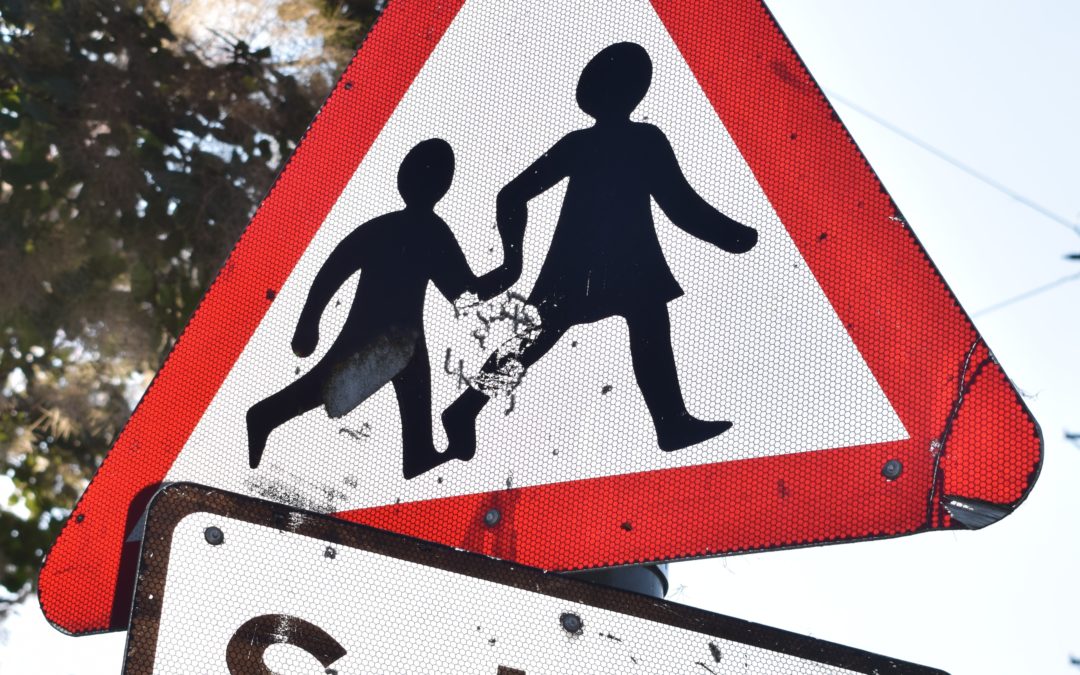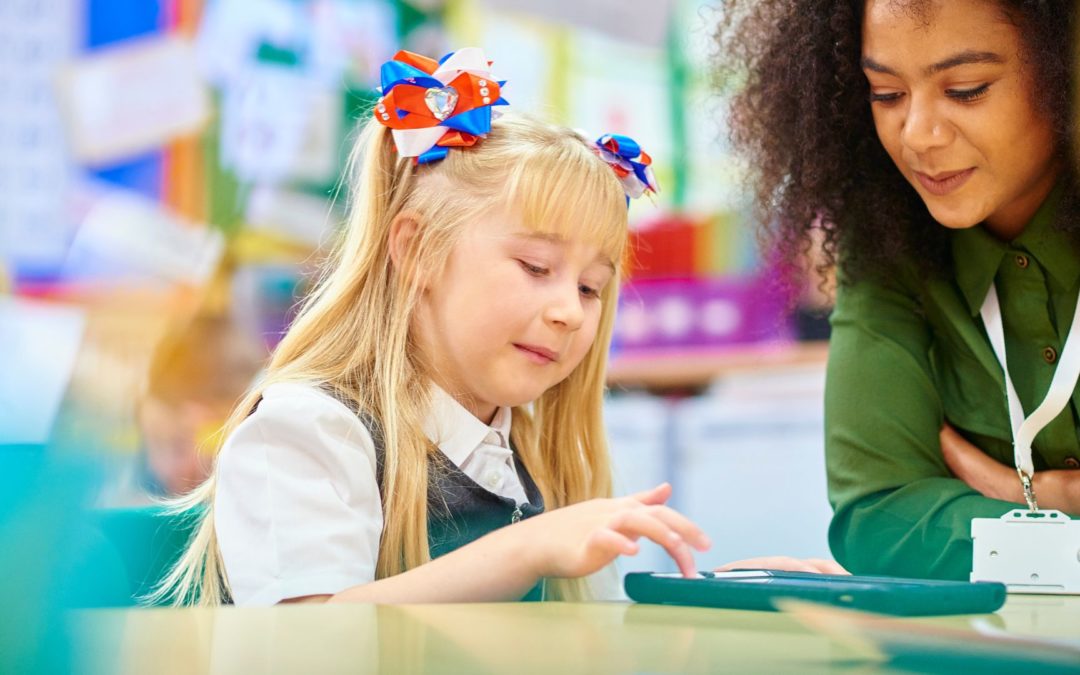Do you have a child in year 2 at primary school?
If the answer is yes, they will have taken the national curriculum tests, also known as SATs, in May. Your child’s teacher will use the results of these tests to help them judge how well they’re progressing, but they won’t be using the test results alone. Instead, they’ll be thinking about what they’ve seen over the whole of years 1 and 2 so they can get a full, accurate picture of how well your child is doing. Your child’s school will send you a report on their progress by the end of the summer term.
Assessment is important because it helps teachers to understand how your child is doing and put in place support to help them improve if they need it. So, for example, if your child is struggling with their reading, it is vital that the school knows this early on so they can give them the help they need to get back on track. Without these assessments, there is risk your child is struggling and not getting the support they need.
Why the need for assessment in early primary years?
The reason this assessment happens is to make sure your child is on course to master the basics of reading, writing and maths by the time they leave primary school. But if problems are picked up early on, the school can invest time getting your child back on track straight away by providing extra support.
The government wants to make sure every child has mastered the basics, so they can get on and do well in life. Understanding what a child can do at the end of key stage 1 is essential to ensure that they’re on the right track when they reach the end of primary school.
What you will receive from your school:
After your child’s teacher has considered your child’s work across years 1 and 2, as well as their scores on the tests, they will make their assessment. The school will then provide a report on what your child has achieved in maths, English reading, English writing and science – you will receive this report by the end of the summer term.
When making their decisions, teachers will think about what your child can do against the national standards, that is how other children are performing across the country. The report from the school will simply tell you whether your child is performing at the expected standard for their age in maths, English reading and English writing or whether they need some more support to achieve it.
How are the tests marked?
Your child’s teacher will mark their test papers, and the results will be reported using what’s known as a scaled score, where a score of 100 means a child is working at the standard expected of them. A score below 100 indicates that a child needs more support and a score of 100 or above suggests a child is working at or above expectations for their age. The maximum score possible is 115, and the minimum is 85.
It’s important to remember that these tests aren’t the whole picture though.
Teachers will also make judgements based on how your child has performed in the classroom over the last two years and they will use the tests as one piece of evidence to make their judgements. The reason for having these tests in addition is it gives teachers a way of comparing your child against a consistent national standard.
Schools do not publish the test results, and they are not sent to the government. You won’t receive your child’s results from the school, but if you’d like to see them you’re free to ask for them from the school.
Should I be worried if my child isn’t at the expected standard in the test?
Absolutely not, these tests are taking place to help teachers identify where children might be struggling so they can put support and extra assistance in place to get them back on track with their reading or maths.
Also these tests are just one element of the overall assessment for children at year 2, and teachers are also considering how pupils performed over the whole of years 1 and 2 when they are making their judgements.
What happens next?
You should wait until the full teacher assessment is completed by the end of June, so that your child’s teacher can give you all the information you need to understand how well your child is doing.
This information should be used by you, your school, and your child’s teacher to ensure that your child is getting the right support to master the new primary curriculum as they move into year 3.








